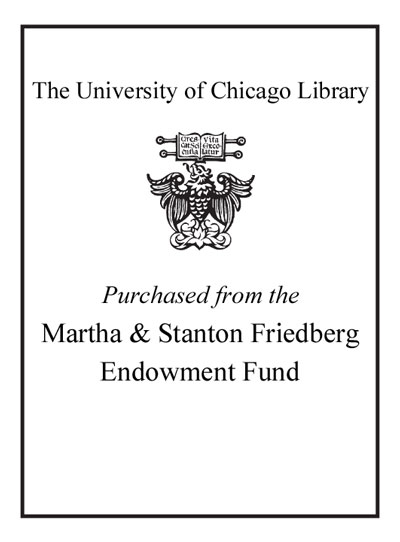Review by Choice Review
Outstanding archaeological work has been done on Caribbean plantation sites. This collection changes the focus and examines the cracks between plantations and the obscured economic niches outside the system of commodity production. It consists of an introduction, a critical conclusion, and 12 chapters, all based on original archaeological and archival research. A good mix of Greater and Lesser Antillean islands is covered in two main sections. Part 1 examines the social and economic life that functioned outside the plantation during the period of slavery. The essays explore interactions between poor whites and enslaved blacks, the function of dwellings dispersed in the plantation landscape, the evidence of original settler small plots superseded by plantations, and the kinds of production and exchange that enslaved people were able to carry on for themselves. Together, the chapters expose the existence of a parallel local economy alongside the plantation export economy. Part 2 examines the period after the emancipation of slaves, showing how the experiences and adaptations of freed people influenced the Caribbean of today. It also shows how historical archaeologists must deal with incomplete records and inadequate documentation. Summing Up: Recommended. For all college and university collections. --Riva Berleant-Schiller, University of Connecticut
Copyright American Library Association, used with permission.
Review by Choice Review

